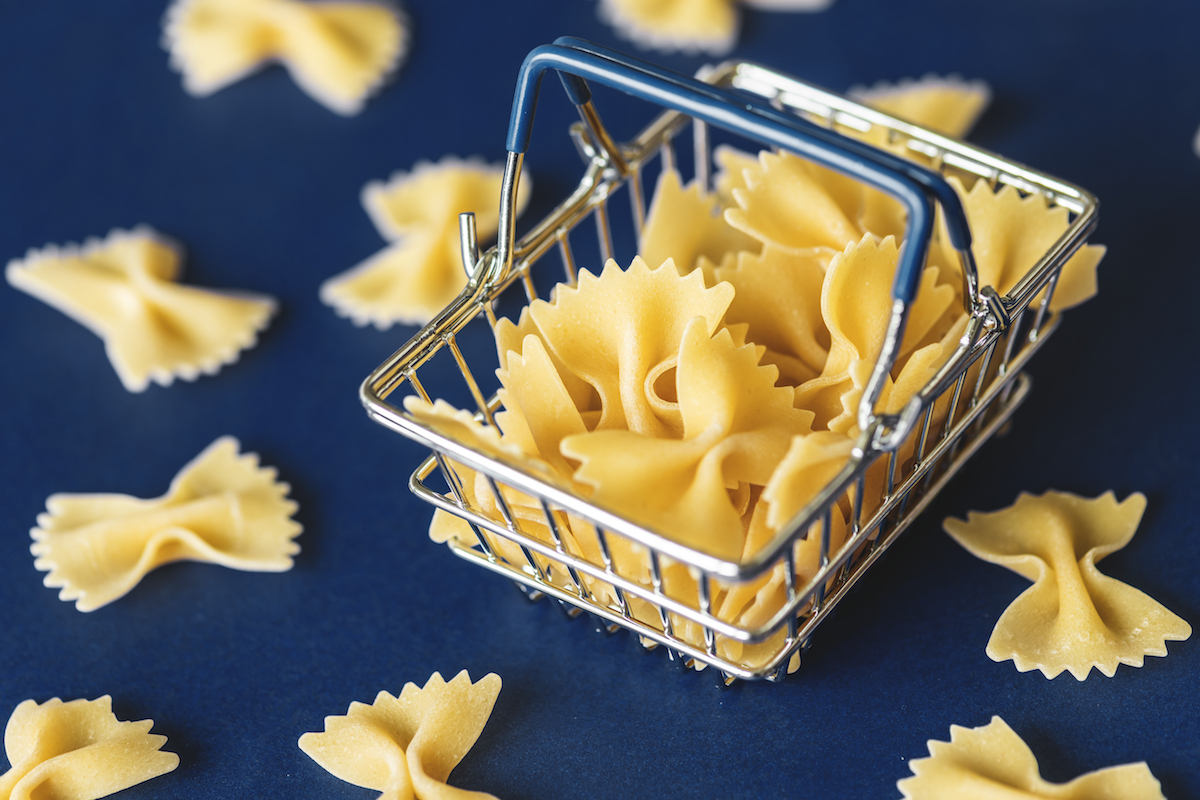People have different views about what adulting looks like; some think it means paying bills, time management, or in my case, cooking. Cooking was always something that interested me, but I never really had to think about it until university. After moving out of residence and saying goodbye to dear old meal hall, I knew I had to learn how to cook. I spent my summer in Halifax living my Julie & Julia lifestyle and cooking my way through a recipe book by trial and error. Here are three things that I learned so you don’t have to.
1. Pasta takes more patience than you think
Pasta and rice are some of the cheapest dry foods you can get in bulk, so there is no question that every university student should master cooking them. Spaghetti is a great meal but is best made in advance if you’re in a rush to get to class. Some people might debate that perfect noodles only take 8 minutes in boiling water, and they are technically right. The time issue arises in actually getting the water to a full boil—if you’re in an older home with a “questionable” stove like mine, it could take up to 10 minutes. In any case, the point is to wait for the water to boil. Your pasta will thank you.
2. The food isn’t boring—you just don’t have enough spices
I live with two other roommates, and a lot of the time, we end up throwing away a lot of food because someone didn’t want to eat the same thing for the third day in a row. That is a ton of money wasted. A good way for changing up your pasta, eggs, or stir-fry is to add different spices every time. Instead of having plain grilled veggies on rice, try adding some teriyaki or garlic and oregano to the mixture to help change up the taste. Buying spices might seem like a waste of money, but a $4 bag will last for the rest of the school year and will help prevent needless food waste!
3. You don’t have to be rich to eat well
A common misconception about university living is that in order to healthy you must be rich—and since most university kids are far from rich, most of us must eat high-fat, highly processed food. This statement is almost true, in the sense that some fresh fruits and veggies are a bit pricier. A way around this is to buy frozen fruits and veggies. The frozen versions of your favourite healthy foods are still just as nutritious, but are often half the cost. On top of the cost-effectiveness, the frozen fruits and veggies will also last longer in your freezer, so you’ll be throwing out less food due to rot. That means you’ll have more resources to cook healthier meals.

